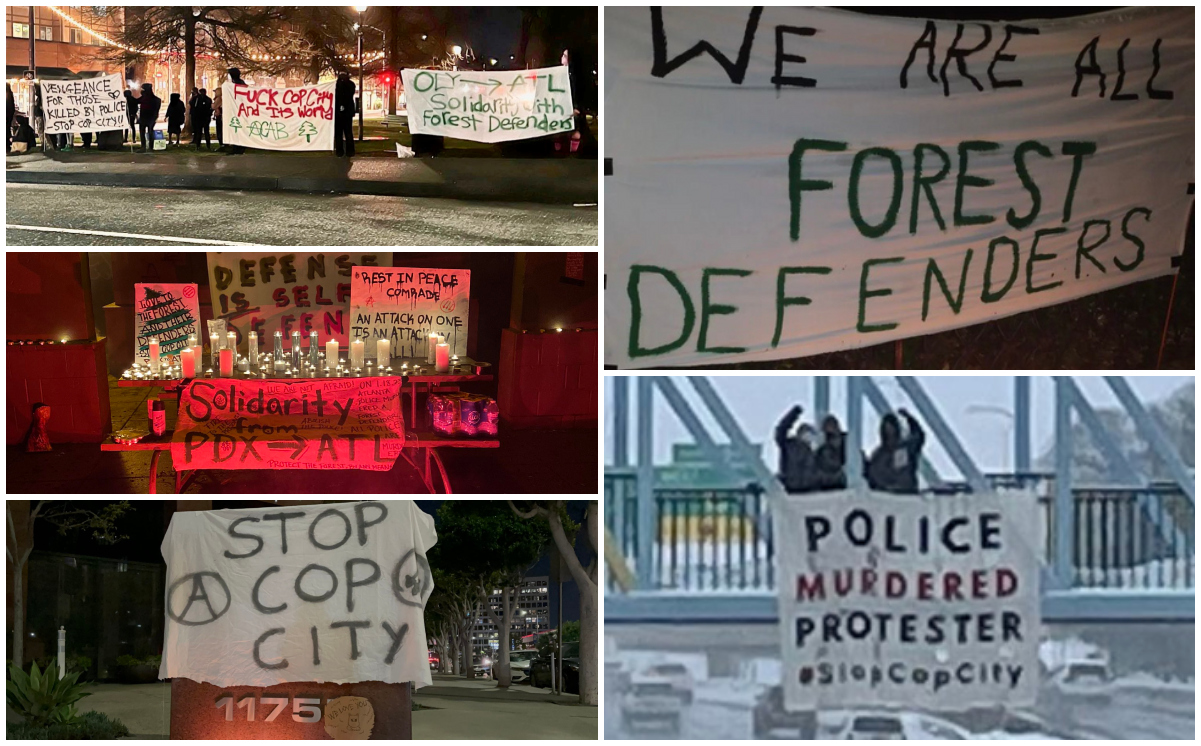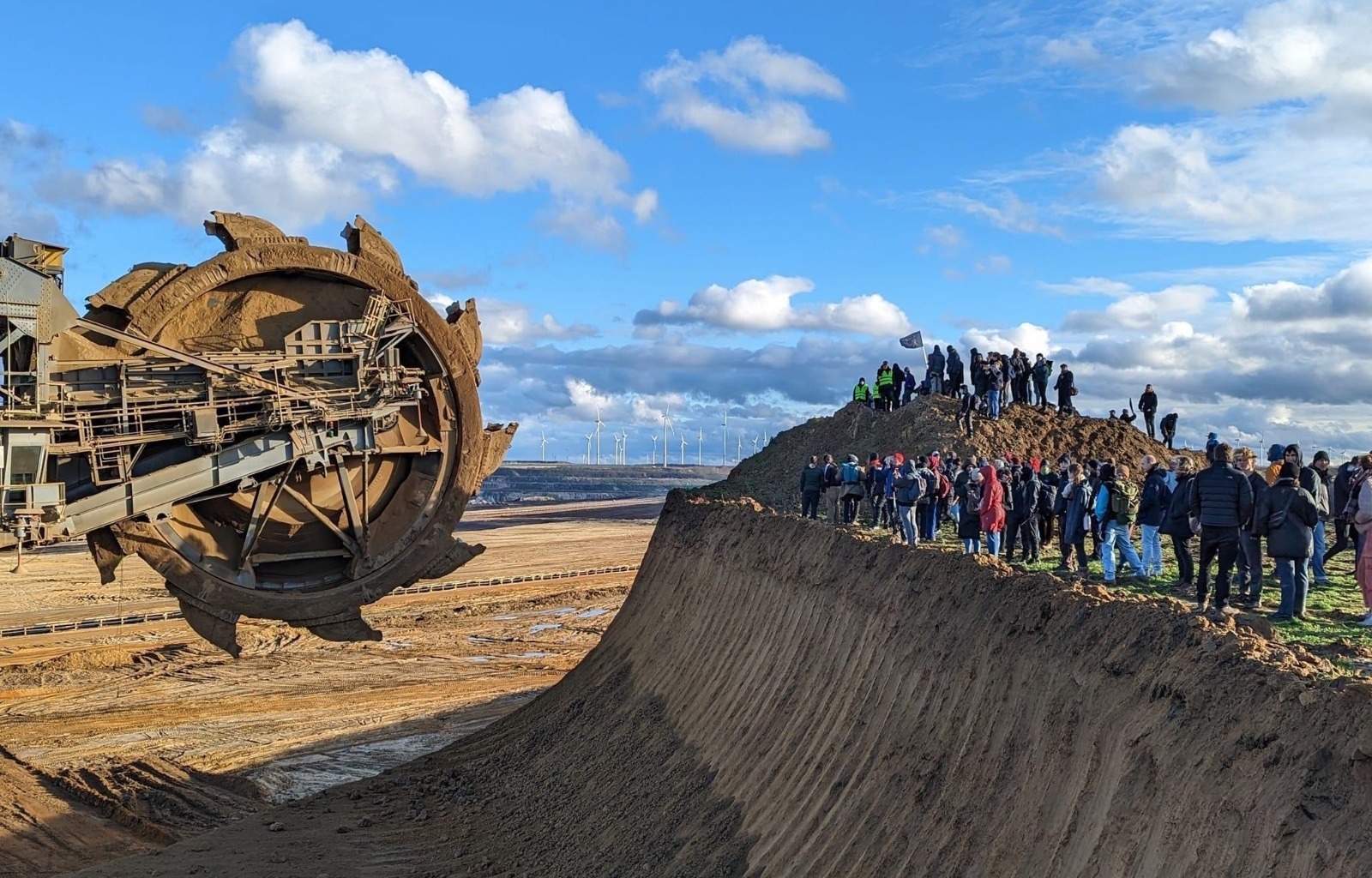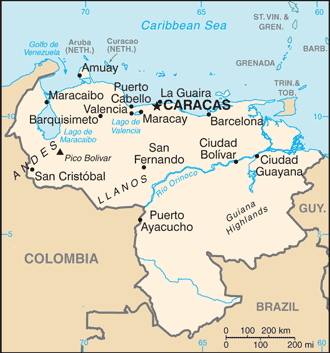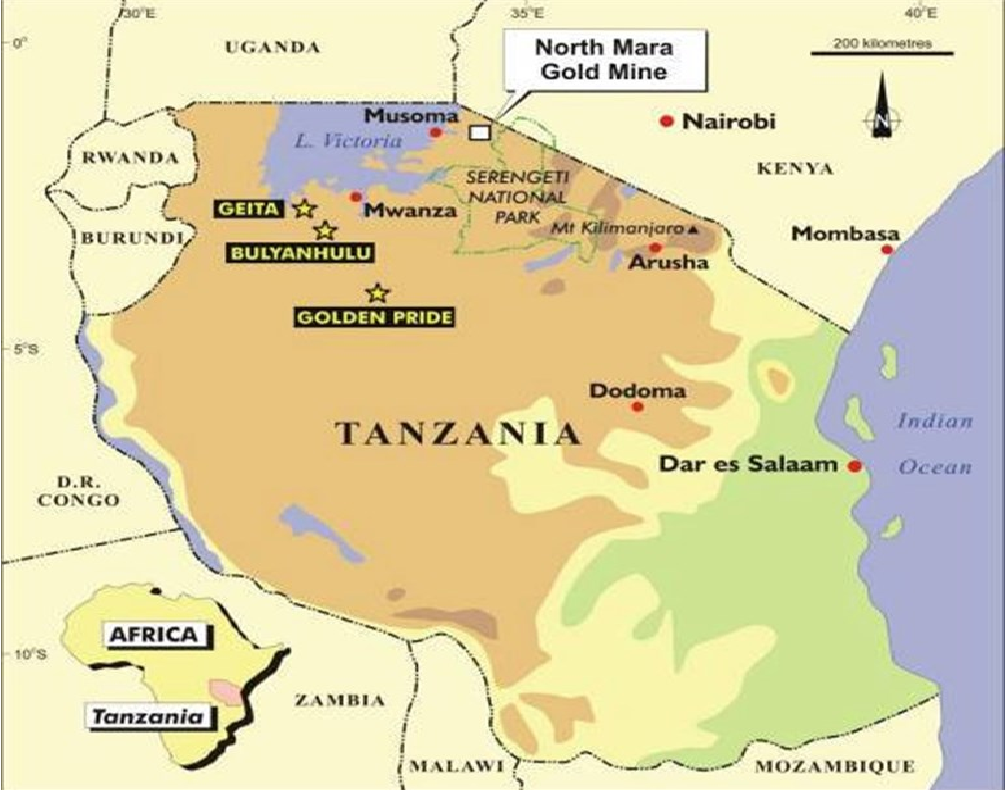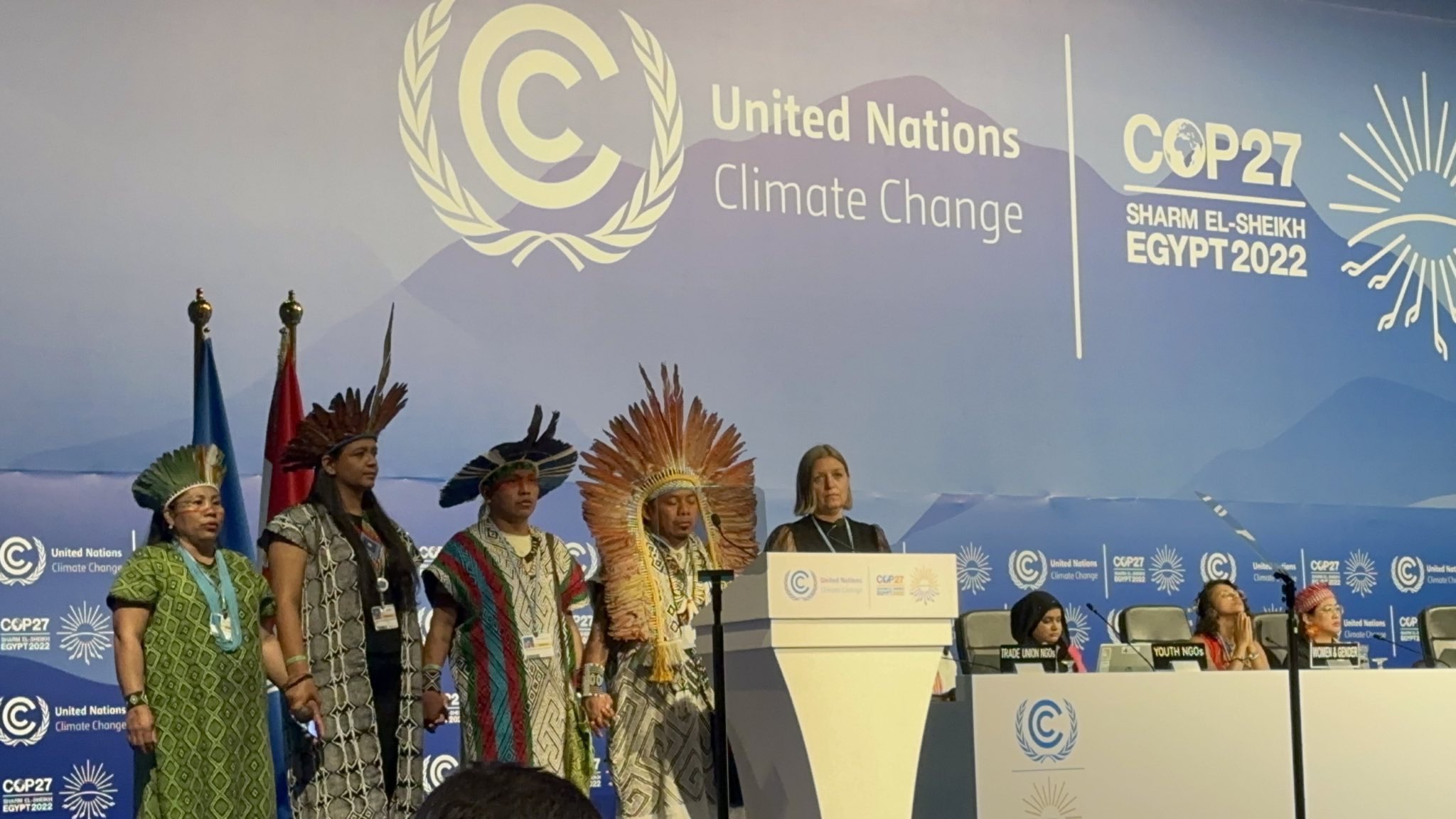
Uruguay: water crisis sparks protests
With the return of El Niño, rising temperatures are leading to a surge of life-threatening weather patterns across the globe. In Latin America drought is affecting countries in unprecedented ways. In Uruguay, the lack of rain has emptied one of the capital’s main reservoirs, forcing the government to declare a state of emergency in Montevideo and to add salty water to public drinking water supplies—provoking protests from citizens angry over the significant decline of water quality. While the country faces its worst drought in the past 74 years, critics accuse the government of prioritizing water use by transnationals and agribusinesses over human consumption. News of a plan to build a Google data center that would require 3.8 million liters of water a day further infuriated Uruguayans. (Photo: ANRed)





